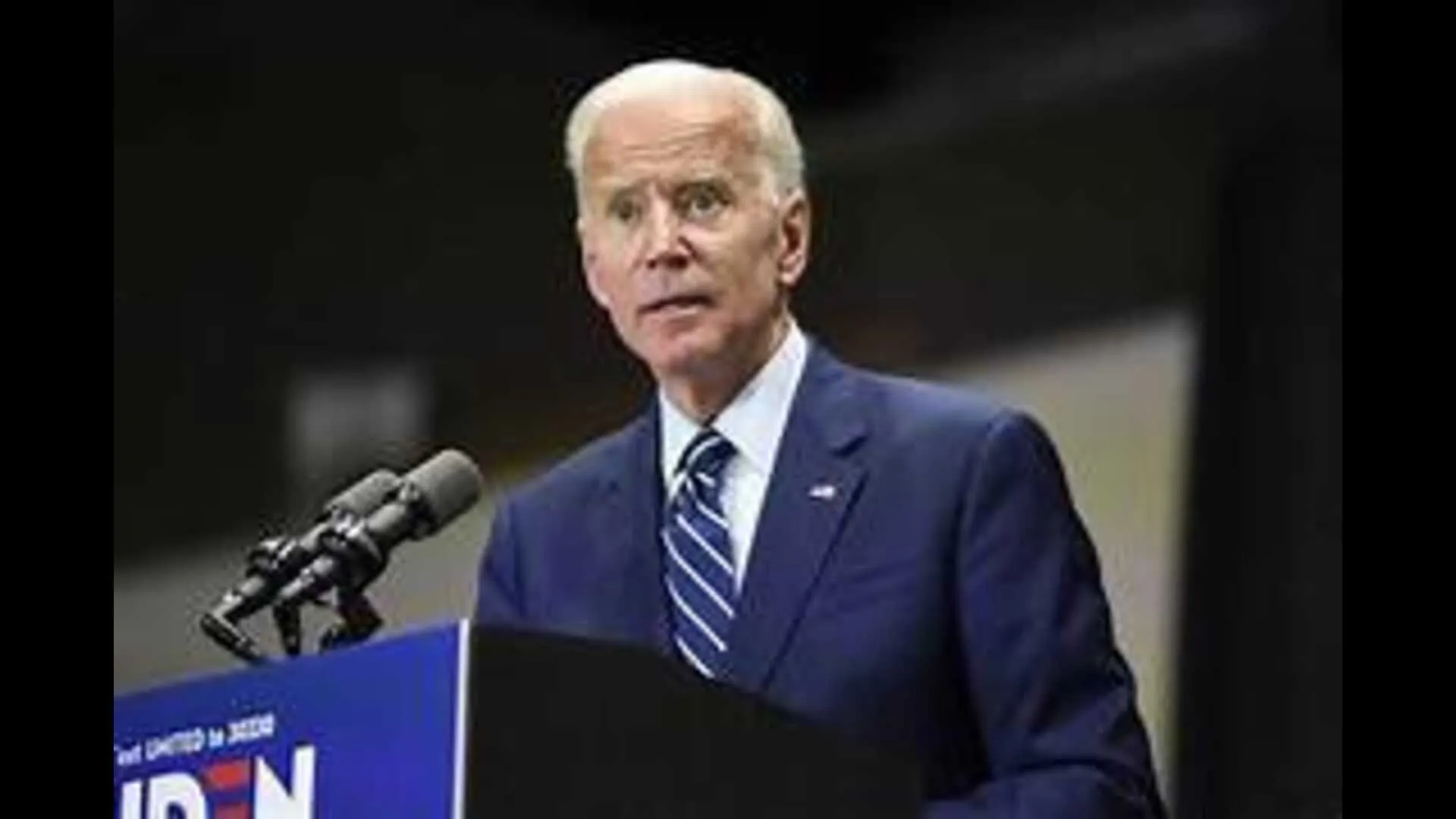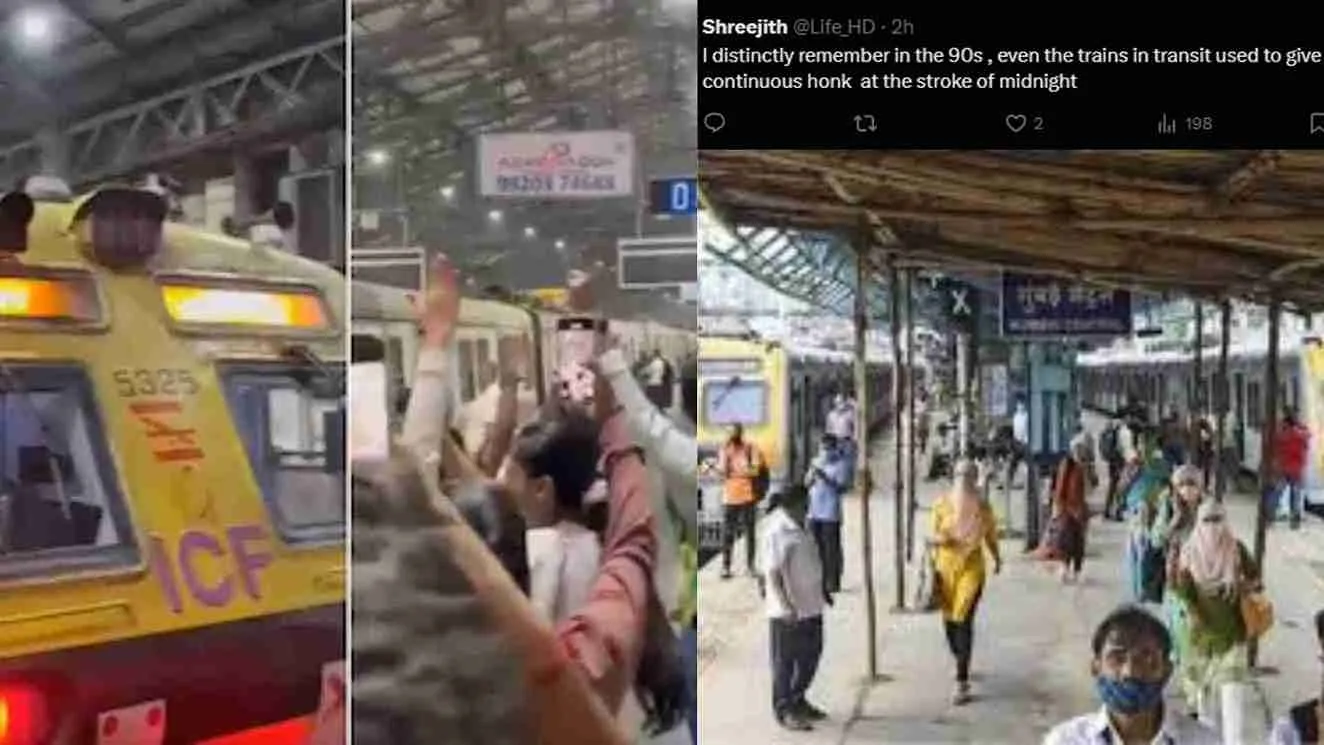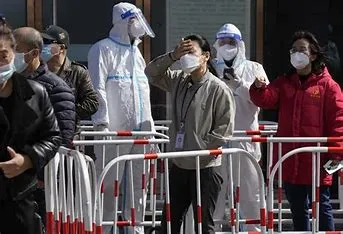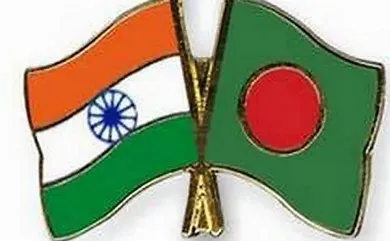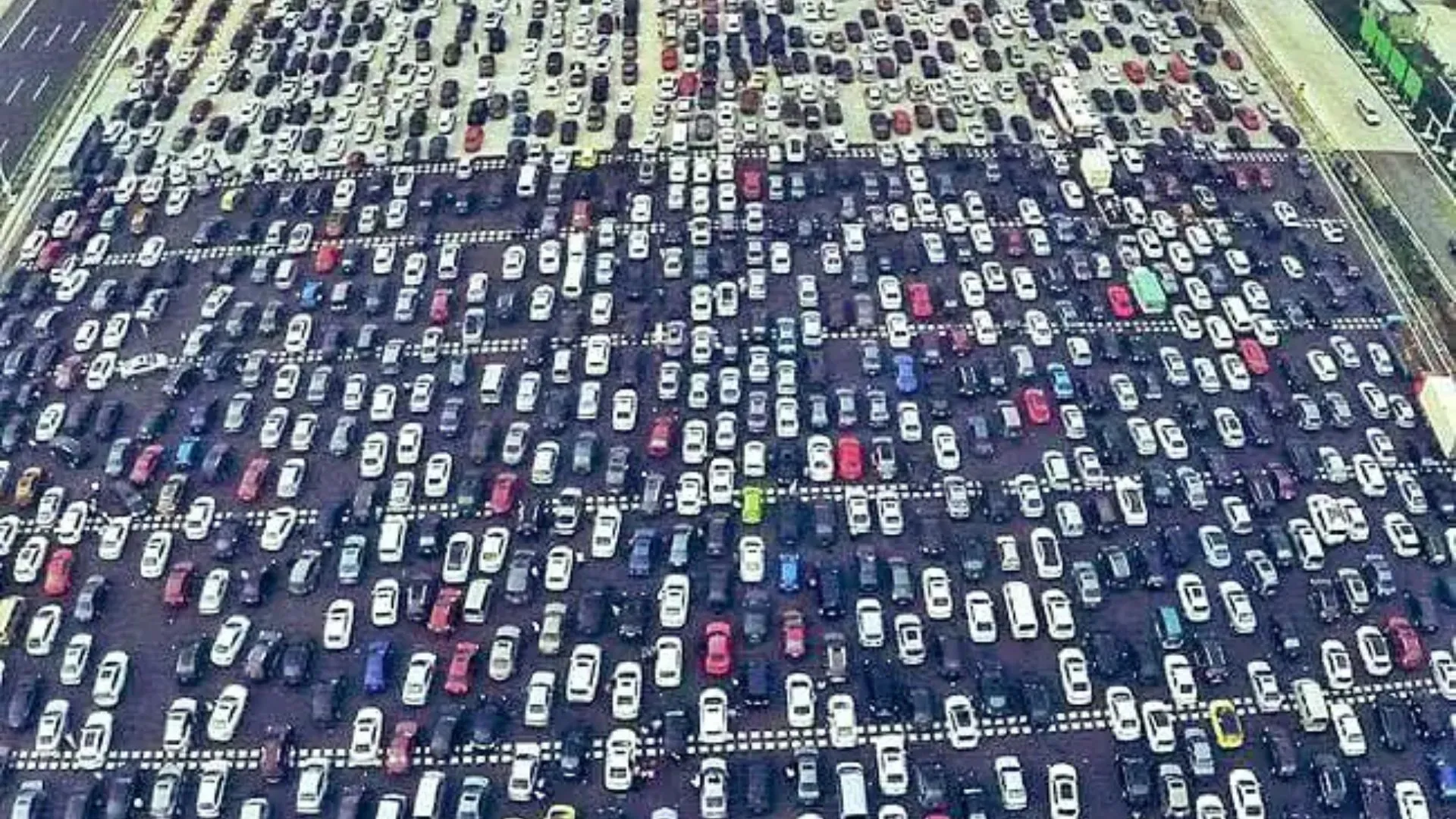is available to meet the demand of power plants. In an official release, the Ministry said any fear of disruption in power supply is entirely misplaced. “The coal stock at power plant end is about 72 lakh tonnes, sufficient for 4 days requirement, and at the Coal India Limited (CIL) end is more than 400 lakh tonnes, which is being supplied to the power plants,” said the release.
Union Power, New and Renewable Energy Minister R.K. Singh reviewed the coal stock position in all thermal power plants including those plants which are supplying power to distribution companies of Delhi.
This came in the context of Delhi Chief Minister Arvind Kejriwal saying on Saturday that Delhi would face a power shortage because of a coal supply crisis and that he had written to the Prime Minister about this.
According to the ministry, on 9 October, the total despatch of coal from all sources (Coal India Limited, Singareni Collieries Company, Captive Coal Mines and imported coal) was 1.92 million tonnes, while the total consumption stood at 1.87 million tonnes.
“Thus, the coal despatch has exceeded the consumption, thereby indicating a shift to the gradual building up of coal stock. Ministry of Coal and Coal India have assured that there is ample coal available in the country to meet the demand of power plants,” the ministry said in a statement.
“The daily average coal requirement at the power plants is about 18.5 lakh tonnes of coal per day whereas the daily coal supply has been around 17.5 lakh tonnes per day. Due to extended monsoons, the despatches were constrained. The coal available at the power plants is a rolling stock that gets replenished by the supplies from the coal companies on a daily basis. Therefore, any fear of coal stocks depleting at the power plant end is erroneous. In fact this year, domestic coal supply has substituted imports by a substantial measure,” said the ministry.
The ministry added that domestic coal-based power generation has grown by nearly 24% in this year (till September 2021) based on a robust supply from the coal companies.
Despite heavy rains in the coal field areas, the Ministry said CIL had supplied more than 255 metric tonnes (MT) coal to the power sector this year, “which is the highest ever H-1 supply from CIL to the power sector.”
“Out of the total coal supply from all sources, the present coal supply from CIL to the power sector is more than 14 lakh tonnes per day and with the receding rains, this supply has already increased to 15 lakh tonnes and is set to increase to more than 16 lakh tonnes per day by the end of October 2021. The supply from SCCL and captive coal blocks shall contribute to another 3 lakh plus tonnes of coal every day,” stated the release.
According to the statement, the Minister has directed that distribution companies of Delhi will get as much power as requisitioned by them as per their demand.
NTPC and DVC have been directed to give full availability as per the requirement of DISCOMs. GAIL India Limited has been advised to make gas available from all sources viz., APM, SPOT, LT-RLNG sources to gas-based power plants in Delhi.
NTPC has also been advised to offer the normative declared capacity to the Delhi DISCOMs as per their allocations from gas-based power plants under respective PPAs. If any DISCOM is found to resort to load shedding despite being power available as per PPA, action would be initiated against them.
“It may be noted that the comfortable coal position in the country is reflected by the fact that the CIL has been supplying more than 2.5 lakh tonnes (approximately) daily to meet the demand of non-power industries like aluminium, cement, steel etc. along with the supply of coal to thermal plants of the country,” added the Ministry.
Earlier in the day, Union Power Minister R.K. Singh held a meeting with the officials of Delhi’s Power Ministry, BSES and Tata Power at his residence over coal availability.
While speaking to a news agency, he said, “The first thing I want to say is that this panic was unnecessarily created without any reason, the panic was created because the CMD of GAIL has sent a message to Bawana gas power plant that it will stop supplying gas after 2 days because their contract was about to expire. I’ve asked GAIL CMD, who participated in today’s meeting, to continue with the required supplies and warn both DISCOM CEO and GAIL CMD that such a thing should not repeat and if such irresponsible behaviours happen then we will take action.” Singh reacted sharply to Congress’ criticism over the issue and said, “They do not have issues, create any issue so trying to create issues but we are supplying as much power as need and we will continue to do so, there should be no doubt, tell us we give as much power as to where they won’t tell me, this is unnecessary politics.”
Singh added, “This Congress party’s wind that has gone slowly dying out, they don’t have any issue, that’s why they create an issue and as far as Kejriwal’s question is concerned, they don’t even know if there is any problem then know from Power Ministry or tell us.”
“We have an average coal reserve (at power stations) that can last for more than 4 days. The stock is replenished every day. I am in touch with (Union Minister for Coal and Mines) Pralhad Joshi,” Singh told reporters over the power crisis issue.
Singh further told reporters that Delhi is being supplied the required amount of electricity and tis will continue.


